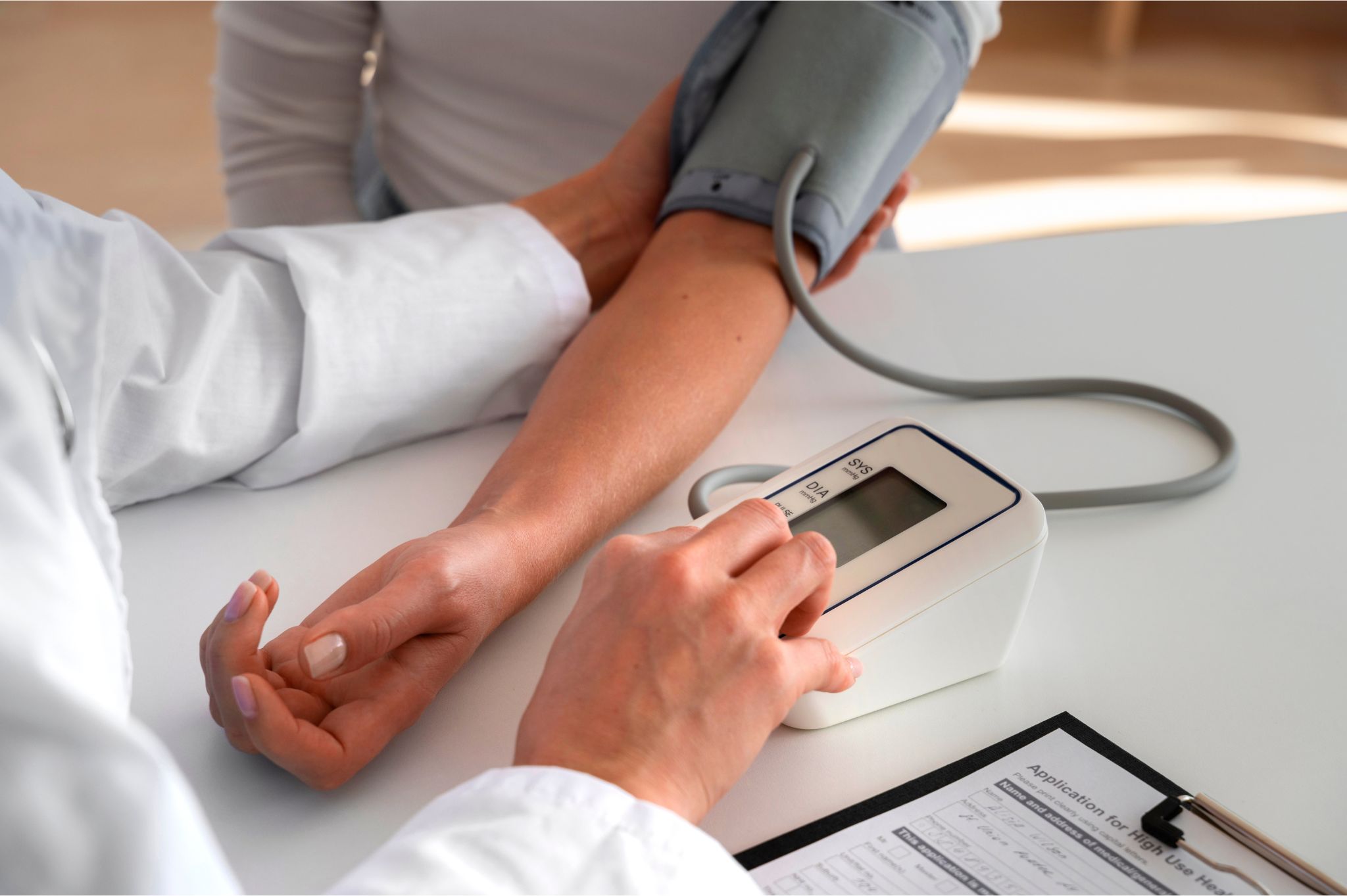
Blood Pressure
Blood pressure is the force that moves blood through our circulatory system.
It is an important force because oxygen and nutrients would not be pushed around our circulatory system to nourish tissues and organs without blood pressure.
Blood pressure is also vital because it delivers white blood cells and antibodies for immunity, and hormones such as insulin.
Just as important as providing oxygen and nutrients, the fresh blood that gets delivered is able to pick up the toxic waste products of metabolism, including the carbon dioxide we exhale with every breath, and the toxins we clear through our liver and kidneys.
Blood itself carries a number of other properties, including its temperature. It also carries one of our defenses against tissue damage, the clotting platelets that prevent blood loss following injury.
But what exactly is it that causes blood to exert a pressure in our arteries? Part of the answer is simple – the heart creates blood pressure by forcing out blood when it contracts with every heartbeat. Blood pressure, however, cannot be created solely by the pumping heart.
The device used to measure blood pressure is a sphygmomanometer, it consists of a rubber armband – the cuff that is inflated by hand or machine pump.
Once the cuff is inflated enough to stop the pulse, a reading is taken, either electronically or on an analog dial.
The reading is expressed in terms of the pressure it takes to move mercury around a tube against gravity. This is the reason for pressure being measured using the unit millimeters of mercury, abbreviated to mm Hg.
What are the different types of high blood pressure?
There are two main types of high blood pressure: primary and secondary high blood pressure.
- Primary, or essential, high blood pressure is the most common type of high blood pressure. For most people who get this kind of blood pressure, it develops over time as you get older.
- Secondary high blood pressure is caused by another medical condition or use of certain medicines. It usually gets better after you treat that condition or stop taking the medicines that are causing it.
Why do I need to worry about high blood pressure?
When your blood pressure stays high over time, it causes the heart to pump harder and work overtime, possibly leading to serious health problems such as heart attack, stroke, heart failure, and kidney failure.
Dr. Meghana Pande has a strong interest and experience in complicated respiratory, cardiovascular, diabetes, blood pressure doctor, gastrointestinal, endocrine neurological disorders, blood pressure doctor and geriatric health.
She was also at the forefront providing her expertise in the management of covid 19 patients during the pandemic.
She comes with rich experience 15 yrs in critical care illnesses and management, internal medicine including management of e-ICU and ECMO.
All Department
Opening Hours
| Mon, Wed, Fri | 11:00 AM to 1:00 PM |
| Tues, Thru, Sat | 10:00 AM to 9:30 PM |
| Sundays | off |
Book An Appointment
Quick Contact
Phone Number:
+91 9322304006
Address:
Shop no 35, Bhosale Garden Road, In Front of Sahyadri Super Specialty Hospital, Aru Nagar, Laxmi Vihar, Hadapsar, Pune.



